Responsible Travel
In 2022, we organised 725 environmental and social initiatives to encourage responsible travel. Close to 47,000 guests participated in these programmes at 53 of our properties.
Responsible Travel
Guest Participation
No Data Found
Number of Properties
No Data Found
Number of social and environmental activities or events
No Data Found
Number of volunteer hours
No Data Found
Environmental Initiatives
Since 2017, 246,593 guests and associates have participated in site-specific initiatives that support environmental awareness, remediation, protection and restoration. In 2022, we organised 325 such initiatives.
Educate
Goal
Education is the cornerstone to environmental conservation and the first step towards effective stewardship.
Impact
Presentations, lectures, ecotours, walks and snorkels connect people to local environments and increase awareness. In 2022, 21,826 people participated.
Location
China, Indonesia, Laos, Malaysia, Maldives, Mexico, Thailand
Environmental
Participants
No Data Found
Properties
No Data Found
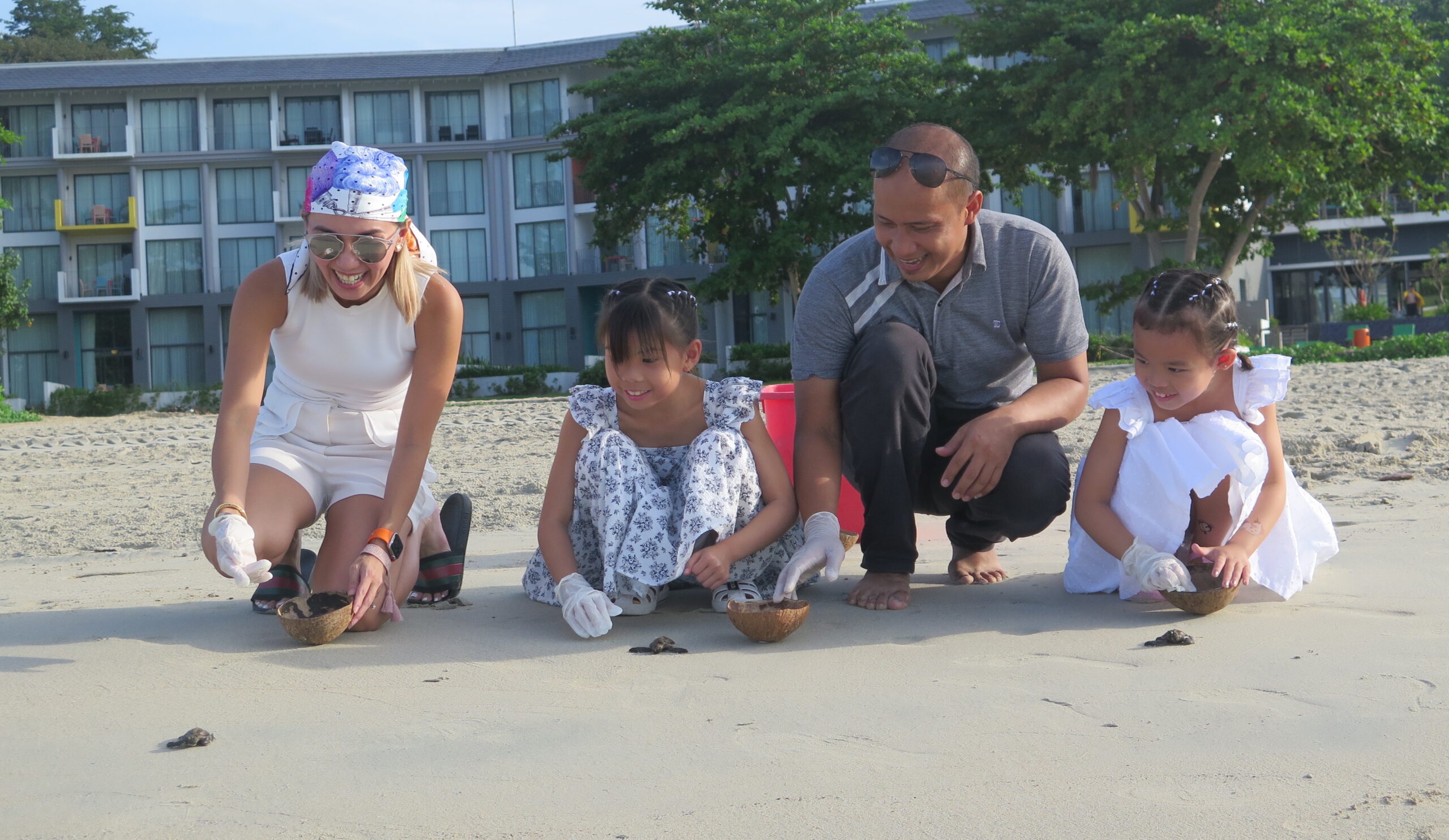
Awareness talks
Animal Awareness: Stingrays
Organic Gardens
Awareness talks
No Data Found
Animal Awareness: Stingrays
No Data Found
Organic Gardens
No Data Found
Ecotours, walks and snorkels
Sea participants
No Data Found
Land participants
No Data Found
Clean
Goal
Four events per property to remediate and cleanse natural communities.
Impact
Over 23 tonnes of waste were removed by 6,603 participants during 235 clean-up events conducted worldwide in 2022. Since 2017, 302 tonnes of waste have been collected with the support of 118,602 people.
Location
China, Greece, Indonesia, Laos, Malaysia, Maldives, Mexico, Morocco, Thailand, Vietnam
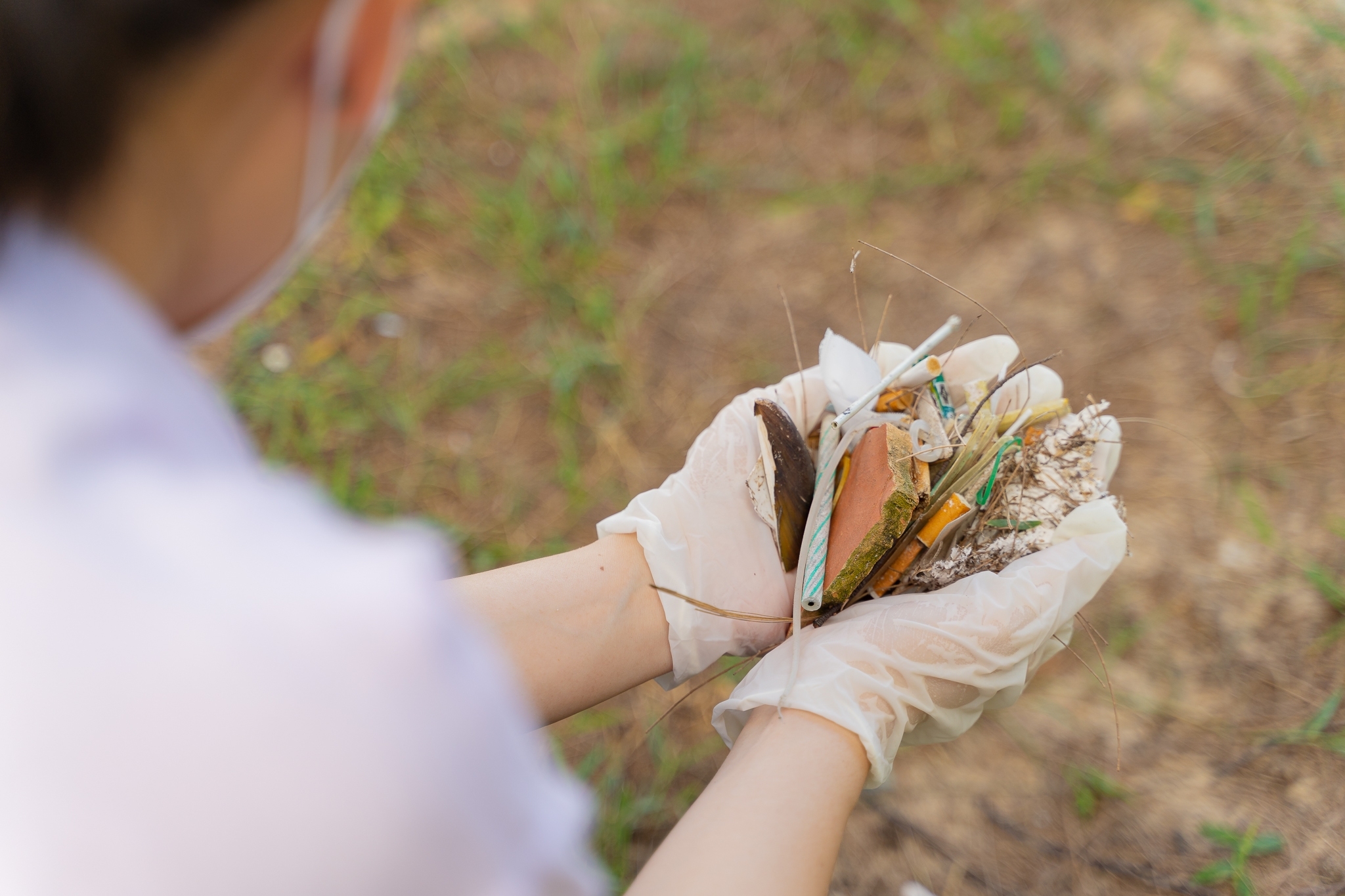
Properties
Trash removed (kg)
Participants
Properties participated
No Data Found
Trash removed (kg)
No Data Found
Participants
No Data Found
Protect
Goal
Conserve coral reefs by controlling outbreaks of coral-eating crown-of-thorns starfish (COTS).
Impact
Weekly control efforts, which support reef recovery by protecting corals, were reduced due to lockdowns. Since 2017, 5,138 people have searched over 299 km of reef, removing 7,871 coral predators.
Location
Maldives
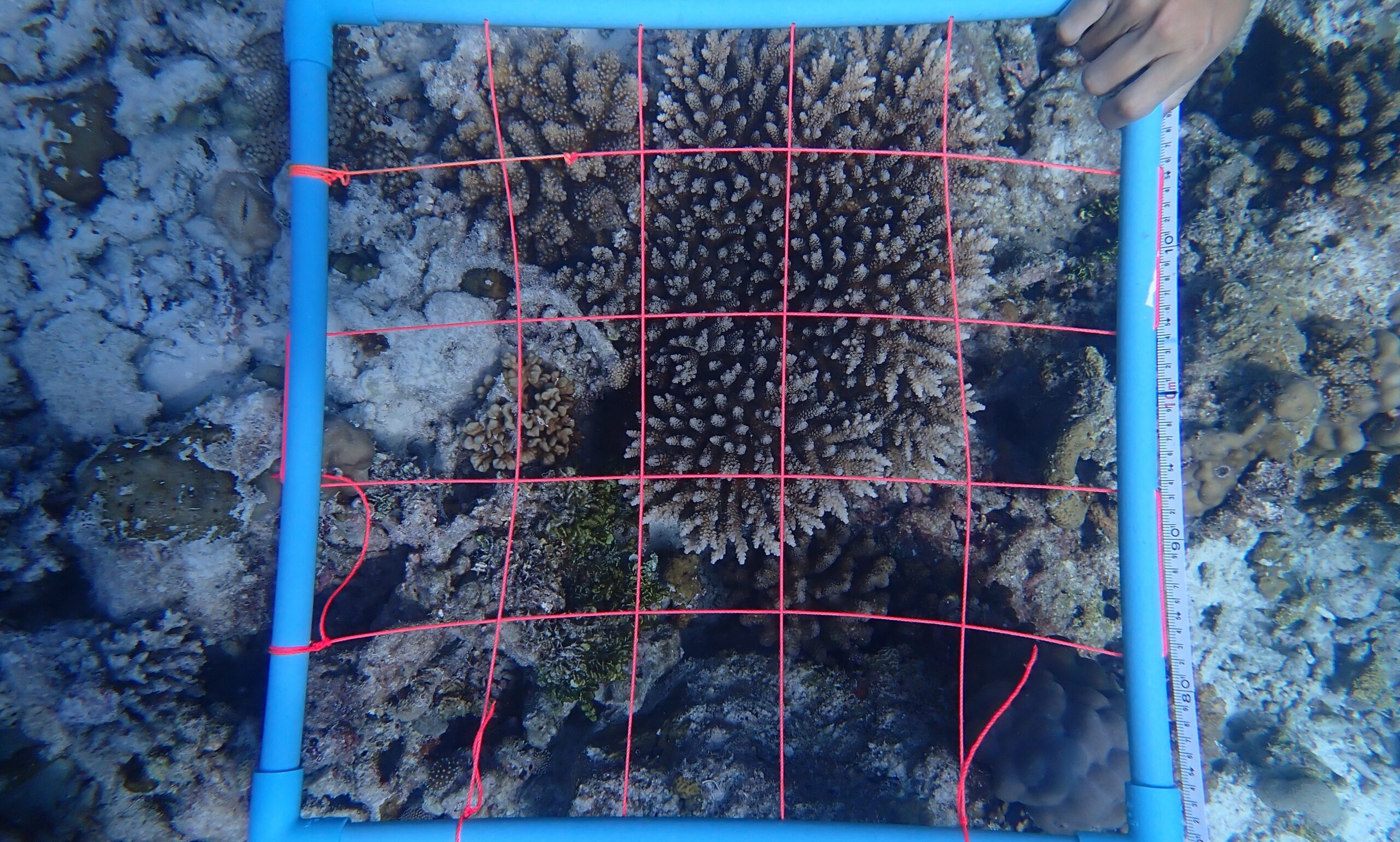
Protect
COTS removed
Cumulative total removed
COTS removed
No Data Found
Cumulative total removed
No Data Found
Reef searched (km)
Participants
Reef searched
(km)
No Data Found
Participants
No Data Found
Restore
Goal
Assist natural reef recovery following the 2016 global coral bleaching event.
Impact
Coral nurseries support reef restoration efforts, with 5,114 corals transplanted in the Maldives in 2022. Since 2017, 18,184 corals have been planted by 1,831 people and the marine lab teams.
Location
Maldives
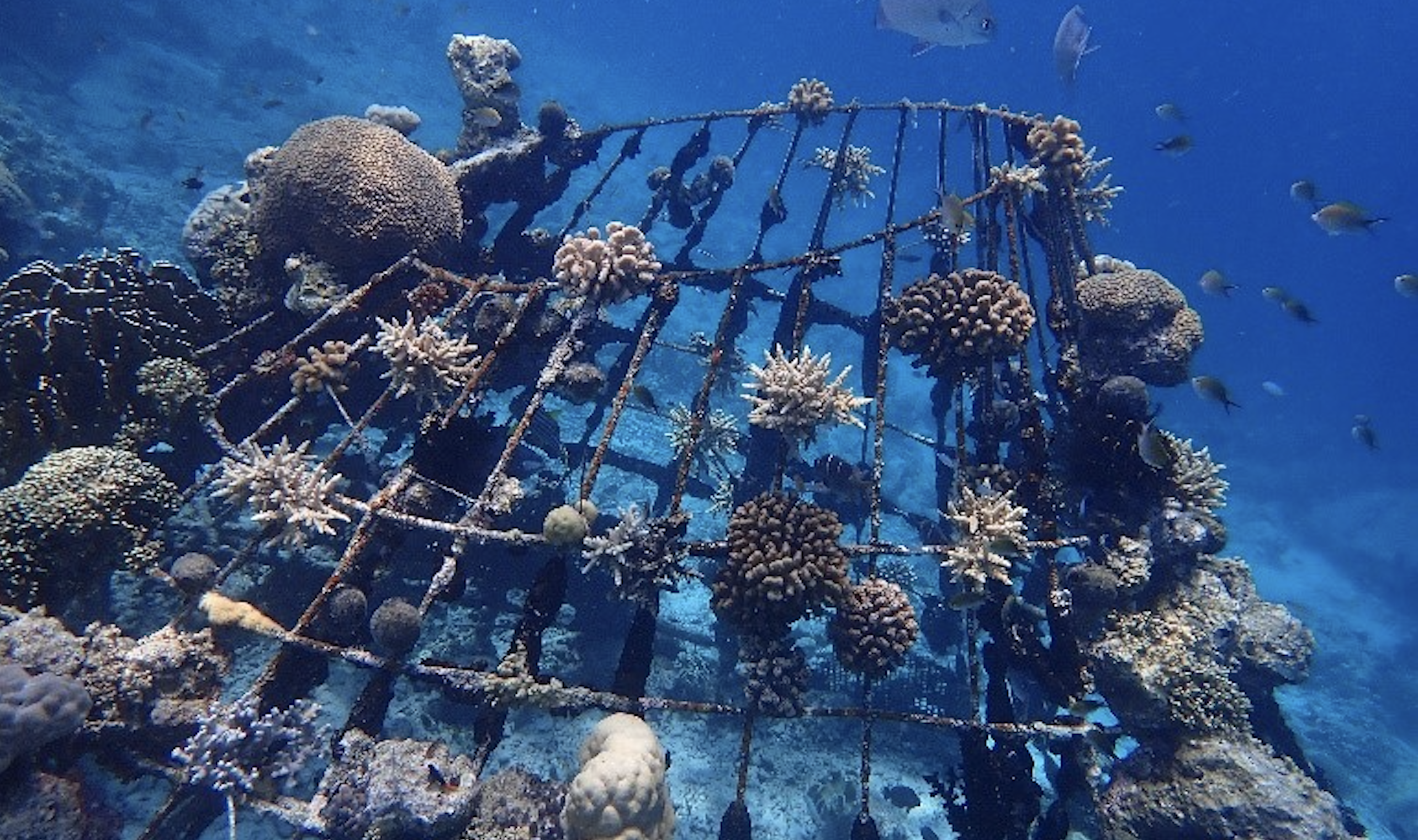
Corals planted
Participants
Corals planted
No Data Found
Participants
No Data Found
Water Scarcity







Water scarcity is one of the three global systemic risks of highest concern (World Economic Forum, 2022). Demand is forecast to outstrip supply by 40% by 2030, with a third of the world’s population expected to be living in areas of severe water stress by this time (International Tourism Partnership, 2021). According to CDP, the cost to business from water risks is six times the expense to address them. Because water consumption by tourists can far outstrip that by locals, efficient water management by the industry is key to safeguarding this precious resource.
Key Performance Indicator
Scope
We report on potable and non-potable water sourcing, use, treatment and reuse. As with waste reporting, we report total water use as the sum of all Group-owned and managed hotels and provide use intensity (POR).
Management approach
We take a multi-faceted approach to water conservation, from repairing infrastructure and monitoring leaks to boosting storage capacity and reusing water. To make sure that local communities enjoy equitable catchment use and access, we apply inclusive water governance with provenance.
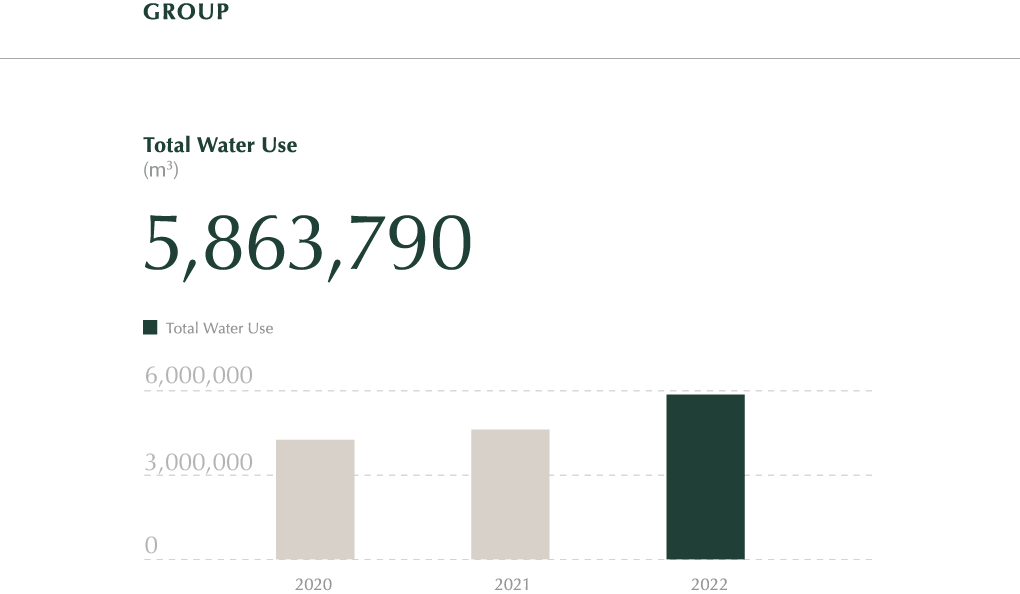
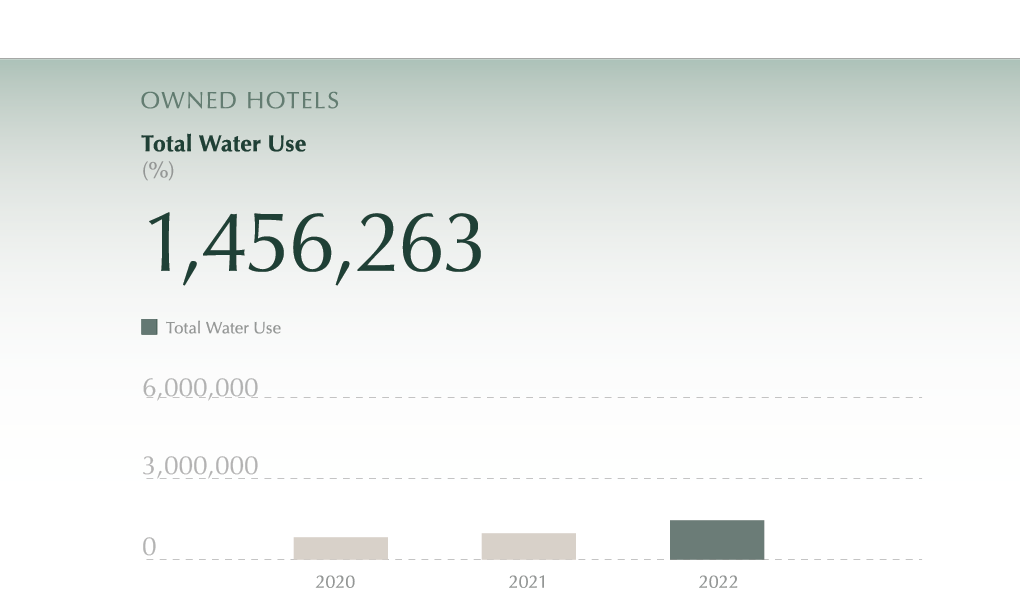
Potable Water Intensity (Litres per Occupied Room)
Potable Water Intensity
(Litres per Occupied Room)
No Data Found
Water Recycled/Recaptured (%)
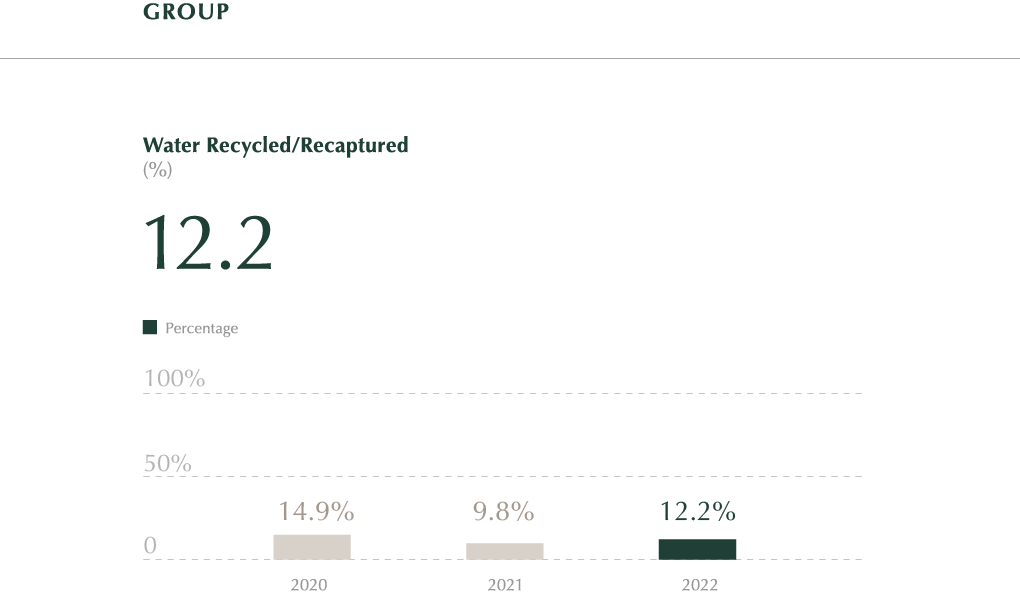

Water Recycled/Recaptured
(%)
No Data Found
Progress
In 2022:
- Over 12% of water used by the Group was recycled or recaptured.
- The Group’s total annual potable water use increased by 27% year-on-year to 5.86 billion litres but use POR decreased by 12.3% because of increased water recycling.
- Our partnership with the China Environmental Protection Fund (see page 24) installed 10 water dispensers at Central Primary School in Yangshuo County, supplying students and staff with safe drinking water. The project provided 32,405 litres of water and saved 7,134 kg of CO2 emissions during the year. This initiative is being expanded to other schools.
Next Steps
The Group has identified further avenues to mitigate water scarcity. In 2023, we will:
- Increase grey-water storage.
- Explore ways to render our operations more water-efficient.
- Assess water catchments on and around our properties, to understand our impacts and identify alternative sources such as rainwater capture, grey-water capture and reuse, and desalination.
- Increase groundwater retention through good resort design.
- Create awareness among guests and encourage them to conserve water, especially in areas at high risk of scarcity.
Biodiversity








The World Economic Forum has assessed biodiversity loss as the second most impactful risk for the next decade, with consequences including the collapse of food and health systems and disruption of supply chains (WEF, 2022).
Key Performance Indicator
Scope
We report on activities in Group-owned and managed operations that contribute to the direct and indirect disruption to, and loss of, habitat and species and ecosystem services.
Management approach
Banyan Tree Group uses a science-based approach to conserve habitats and endangered species. This begins from the design of our properties and continues with construction and operation. Risk assessments enable us to minimise adverse impacts on sensitive habitats or areas of high biodiversity.
To support education, restoration and research programmes, we have established conservation labs in the Maldives and Indonesia. We also partner with institutions and individuals who have domain expertise and engage our guests and other stakeholders to promote awareness of biodiversity issues, appreciation of nature and responsible travel.
Because we evaluate materiality at the residual level, considering the adequacy and effectiveness of existing controls and progress, we identified the supply chain as the area with greatest opportunity for improvement. We are focusing especially on seafood, as it impacts marine habitats, the ecosystem and labour practices in the aquaculture industry.

Percentage of Certified Sustainable Seafood (by weight)
Citizen Science
Number of participants
No Data Found
Shark sightings
No Data Found
Turtle Conservation
Number of participants
No Data Found
Turtles released
No Data Found
Progress
In 2022, we:
- Established our baseline of sustainably certified seafood at 7%. The top-performing property, Banyan Tree Cabo Marques, achieved 84% certified seafood.
- Developed Group-wide animal welfare policies and standards to drive cage- and crate-free production, and a policy to increase plant-based menu options that have a lower environmental impact than meat. These are in addition to our endangered species policy.
- Created “traffic light” guidance for sustainable food purchases.
- Continued with conservation and restoration efforts on land and sea including:
- Annual monitoring of coral reefs in the Maldives and Bintan and planting of 5,114 corals.
- Turtle conservation programmes in Indonesia, Mexico, Thailand and Vietnam, and the safe release of 876 hatchlings.
- Partnering with the China Environmental Protection Foundation, the team works on a large-scale breeding of endangered clownfish and successfully released a total of 2,030 clownfish in Luhuitou Peninsula, Sanya of Hainan province in China. This was done in three batches – the first on Oct, the second on 9th Dec, and the third between the 13th and 16th Dec.
Next Steps
We will:
- Map sensitive habitats and create endangered species lists for each property. This will inform location-specific conservation efforts and create awareness among associates, guests, contractors and the local community.
- Identify and target invasive species for eradication and, where appropriate, replacement with native species, to prevent further damage to local ecosystems.
- Pilot rewilding projects to restore natural habitats.
